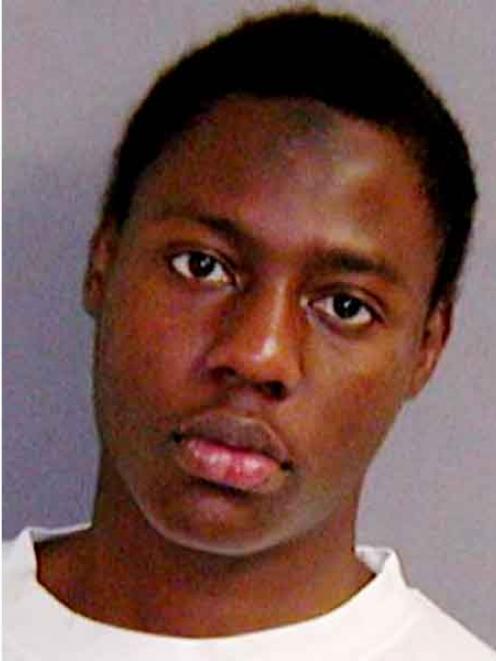
It is considered the poorest of Arab countries, is largely lawless and has long been a recruiting ground for al Qaeda.
It may be recalled that in the Yemeni port of Aden in 2000, terrorists exploded a bomb against the warship USS Cole, killing 17 US sailors.
On the northern Yemen-Saudi border, Shi'ite rebels have been at war with the Yemeni Government since 2004, and there has been much internal division in recent years.
The claim by the Nigerian Umar Farouk Abdulmutallab, who allegedly ignited an explosive mixture on a jet in the US which failed to damage the aircraft, that he received training and instructions from al Qaeda operatives in Yemen has triggered a redoubling of US-led anti-terrorist activity in the country.
That the Abdulmutallab incident also represented a substantial failure of intelligence and airport security has also led to a quite draconian increase in passenger scrutiny at airports around the world at the insistence of the United States.
It is particularly and unjustly aimed at Muslims, a quarter of the world's population, and indeed some conservatives in America are demanding that travellers to the United States should be "profiled" as potential terrorists because of their religion.
Such opinions take no account of reality: millions of Muslims live in countries where al Qaeda or other terrorist groups simply do not exist; there are also many millions of perfectly innocent Muslims living in countries where terrorist cells do exist; there are also many African Americans who are Muslims.
Should all be now subject to the more extreme of pre-entry checks?The initial response of the Obama Administration was to require mandatory full body "pat-downs"of every potential traveller, including small children, from a list of 14 nations.
The immediate result will be long delays for all passengers.
Some airlines have banned passengers in the final hour before landing in the US from standing up, going to the toilet, opening lockers and covering themselves with blankets.
In-flight entertainment is also being withdrawn where systems include flight maps showing the location of the aircraft, for fear bombers will use the information.
All this is on top of the already strict security procedures passengers to the US must endure.
Auckland is our only airport from which direct flights are operated to the United States - as many as five a day - and extra staff have been employed to process passengers, who must now report another hour earlier than previously.
Staff are mainly using their intelligence and skills rather than technology to carry out security checks, but they are also deploying sniffer dogs, luggage searches and body searches.
It seems most likely that full-body scanners will become a requirement at international airports where flights originate to and from the US.
Such machines are in existence at 19 airports there, a further 150 are to be introduced this year, with 300 more planned.
Passengers who refuse to participate are subjected to a full "pat-down".
In Britain and elsewhere, there are concerns that these machines produce images so graphic that they amount to electronic strip-searching: in short, operators can create images that might be considered indecent under existing laws, especially of children, as well as generally invading passengers' rights to privacy since they expose genitalia.
Despite assurances that the images are deleted, it takes little imagination to discern what could happen - let alone to the images of famous people - should they fall into the wrong hands.
Britain is considering a general exemption of persons under 18 from the scans but that will mean more delays at airports.
Similar concerns are bound to arise should our Government consider such measures at Auckland.
It is certain that law changes would be required were scanners to be installed, meaning consideration by our Parliament.
Rather than relying on such means to detect possible terrorists, greater attention needs to be paid to less invasive techniques.
Persons on terrorist suspect and watch lists (as was Abdulmutallab, whose father warned a US embassy about his son's radicalism), and "no-fly" lists ought to be far more closely scrutinised and obliged to undergo thorough checking before travel.
Additional explosive detection technology, more carry-on baggage examination, greater attention to cargo checking, and asking passengers to report any suspicious actions they observe will all help make air travel safer, but no single technology will be completely successful in preventing terrorist acts.
There have obviously been many successes by the agencies tasked with preventing terrorist acts since the shock of 2001 - for which all travellers are grateful - and air transport is much safer than it was.
But that is no reason to lessen our vigilance, or to foster racial or religious vigilantism.












